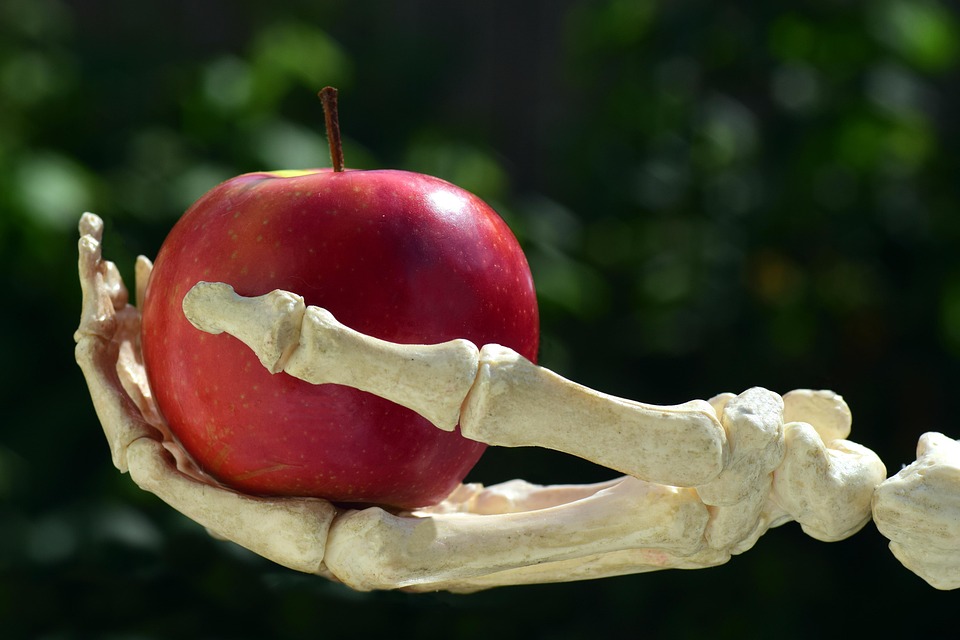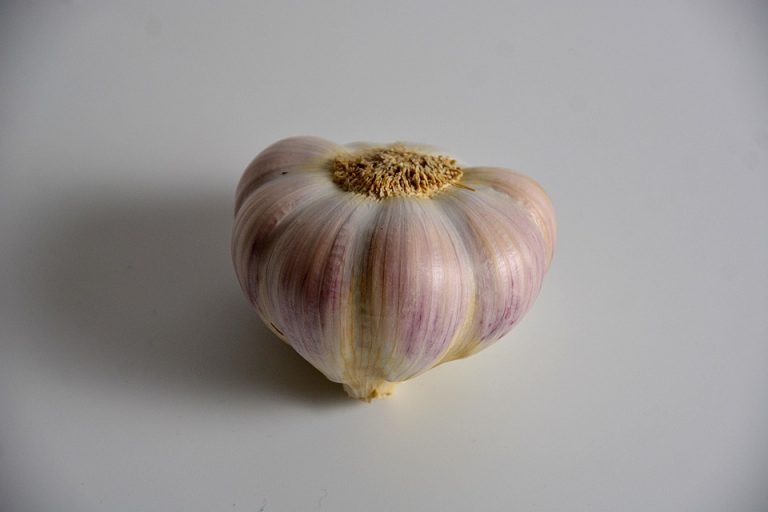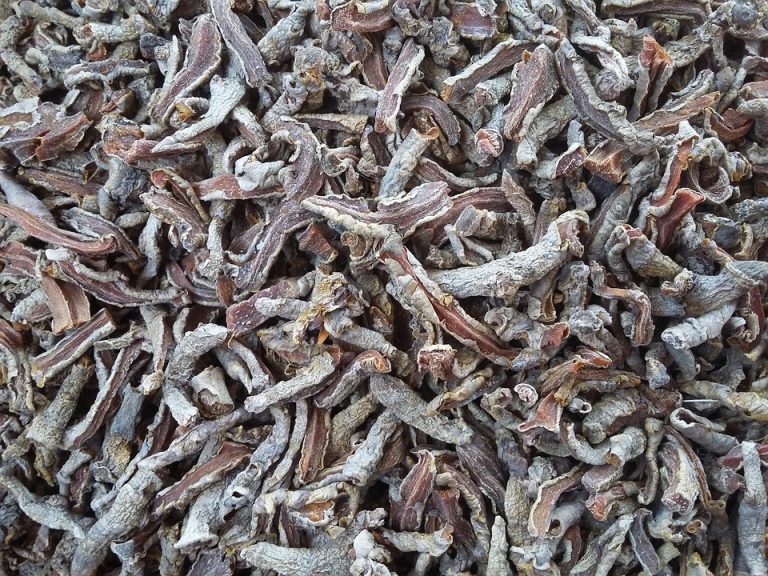7 Best Fruits For Bones To Boost Strength
Best fruits for bones are a simple, delicious way to shore up your strength and keep your frame resilient. The phrase sounds practical because it is—these fruits supply vitamins, minerals, and plant compounds that support collagen, calcium retention, and the hormonal balance bones need. If you care about moving freely, avoiding breaks, and feeling steady in your body, this is worth a few minutes of your attention.
Finding the best fruits for bones doesn’t mean you must live on smoothies. It means choosing smart, flavorful foods that make every bite work harder for your skeleton. Choosing the best fruits for bones can be as easy as swapping a cookie for a cup of berries or adding slices of fruit to your morning yogurt.
Why Fruit Matters For Strong Bones
Contents
Best Fruits For Bones: The Top 7
Fruit delivers more than sweetness. Many fruits bring vitamin C, potassium, and plant polyphenols that lower inflammation and support collagen — the flexible protein that gives bones their tensile strength. Scientific recommendations from nutrition experts emphasize a diet rich in fruits and vegetables for bone health, alongside calcium and vitamin D.
The list below is chosen for real, evidence-backed benefit. I’ll tell you why each fruit matters, how to eat it sensibly, and quick ideas that fit a busy life.
Oranges — Vitamin C And Calcium Helpers
Oranges supply a big dose of vitamin C, which helps your body build and repair collagen for strong bone tissue. Oranges also provide calcium in small amounts and improve the absorption of other bone-supporting nutrients. A glass of freshly squeezed orange or adding orange segments to salads is an easy swap that benefits your bones and tastes bright.
Kiwi — Small Fruit, Powerful Vitamin Punch
Kiwi is a little green powerhouse. It’s rich in vitamin C, potassium, and magnesium — three nutrients that support bone density and reduce fracture risk. Toss kiwi into cereal, salad, or a fruit bowl; its tang cuts through heavy dishes and gives bones a steady dose of repair fuel.
Prunes — The Bone Saver
Prunes deserve star billing. Research from well-regarded university studies shows prunes may help prevent bone loss in postmenopausal women and support bone formation. They’re rich in vitamin K, boron, and phenolic compounds that change how bone cells work. Snack on a few prunes daily or add them to stews — they’re a practical, studies-backed choice.
Berries — Antioxidant Firepower
Strawberries, raspberries, and blueberries bring antioxidants and vitamin C that fight inflammation and protect bone cells. Higher berry intake links to better bone mineral density in observational studies, which suggests berries are more than dessert. Make a mixed-berry compote, stir berries into Greek yogurt, or freeze them for smoothies.
Figs — Natural Calcium Support
Figs carry notable amounts of calcium and potassium, both helpful for maintaining bone strength. Dried figs are especially concentrated and portable — a handful can be a bone-friendly snack on the run. Try them chopped on salads or stewed for a dessert that actually does your bones some good.
Bananas — Potassium For Bone-Friendly pH
Bananas are famous for potassium, which helps neutralize bone-depleting acids and preserves calcium in your skeleton. They’re also convenient, affordable, and pair well with nut butter to make a snack that sustains energy and supports bones. Slice bananas over oatmeal for a breakfast that feeds your frame.
Papaya — Vitamin C And Enzymes
Papaya brings vitamin C and digestive enzymes that support nutrient absorption and reduce inflammation. While less celebrated for bone health than other fruits, papaya can round out a varied approach to nourishment. Add papaya to salsas, smoothies, or simply eat it chilled.
How These Fruits Help Your Body Build Bone
How These Fruits Help Your Bones
The best fruits for bones work in a few clear ways. They supply vitamin C for collagen production, potassium and magnesium to preserve calcium, vitamin K and boron to support bone remodeling, and antioxidants to reduce the chronic inflammation that accelerates bone loss. This combination matters especially for women after menopause and for anyone recovering from injury.
Clinical studies and nutrition reviews show that diets rich in fruits and vegetables are associated with greater bone mineral density and a lower risk of fracture. That’s not a miracle cure, but it’s a dependable part of a strategy that includes weight-bearing activity and adequate calcium and vitamin D.
How To Build Them Into Your Day
How To Use The Best Fruits For Bones Every Day
Start small. Add a piece of fruit to breakfast, swap a sugary snack for prunes or figs, and aim for colorful fruit in every meal. Consistency matters more than perfection; small, repeated choices translate to meaningful nutrient intake over months and years.
Try one practical plan: breakfast with berries and yogurt, a mid-morning banana, lunch with orange segments, an afternoon handful of dried figs, and a prune-sweetened dessert. This rhythm keeps vitamins and minerals steady and supports bone repair around the clock.
Smart Shopping And Storage Tips
Shopping And Storage Tips
Buy fruit that’s in season for better flavor and nutrient value. Frozen berries and fruits are an excellent, budget-friendly option and retain most vitamins and antioxidants. Dried fruit can be concentrated in sugar, so choose unsweetened options and watch portion sizes.
Store fruits correctly: bananas at room temperature until ripe, citrus in the fridge to stay fresh longer, and dried fruits in an airtight container. Smart storage makes it easier to reach for wholesome choices instead of processed snacks.
Simple Recipes And Pairings
Meal Ideas With The Best Fruits For Bones
Make bone-friendly meals easy with these pairings: Greek yogurt with mixed berries and a sprinkle of ground flax, oatmeal topped with banana and chopped figs, or a spinach salad with orange segments, walnuts, and a drizzle of olive oil. Blend prunes into sauces or stews for natural sweetness and nutrient density.
When you combine these fruits with protein, healthy fats, and whole grains, you optimize nutrient absorption and build meals that support both bone strength and overall health.
Who Needs These Fruits Most
Who Benefits Most From Fruit-Focused Bone Support
If you are perimenopausal or postmenopausal, recovering from a low-trauma fracture, or have dietary limitations that reduce calcium or vitamin D intake, these fruits can be a powerful complement to medical care. Athletes and active people also benefit from fruit’s anti-inflammatory compounds and nutrient boosts for recovery.
Talk to your healthcare provider if you have osteoporosis, unexplained bone loss, or special medical conditions. They can help integrate diet with medication and exercise regimens based on guidelines from expert organizations.
Practical Notes And Evidence
Evidence You Can Trust
Multiple university studies and clinical reviews show benefits from fruit-rich diets for bone health. For instance, clinical trials with prunes report positive effects on bone markers, and population studies associate higher fruit intake with better bone mineral density. Trusted sources like public health and university research reinforce the role of fruits within a balanced, bone-supportive diet.
Bottom Line
Bottom Line
The best fruits for bones offer vitamins, minerals, and protective compounds that support collagen, preserve calcium, and reduce inflammation. Adding simple servings of oranges, kiwi, prunes, berries, figs, bananas, and papaya is an easy, pleasant way to build resilience. Pair these choices with weight-bearing exercise, adequate calcium and vitamin D, and routine medical care to keep your body strong and steady.
You don’t have to overhaul your life. Start with one fruit swap this week and notice how small shifts turn into lasting strength for your bones.
FAQ
FAQ
Which are the single most important best fruits for bones?
There isn’t one single fruit that does it all, but prunes have the most consistent clinical evidence for preventing bone loss, and citrus and berries are excellent for vitamin C and antioxidants.
Can fruit replace calcium supplements for bone health?
Fruit complements calcium and vitamin D but usually can’t replace them entirely if you’re deficient. Talk with your clinician and consider testing and tailored supplementation when needed.
How many servings of bone-friendly fruit should I eat daily?
Aim for at least two to three servings of fruit daily as part of a balanced diet, emphasizing the fruits listed here across the week to hit a range of nutrients.
Are dried fruits okay for bone health?
Yes — dried fruits like prunes and figs are nutrient-dense and convenient, but watch portions and added sugar. Choose unsweetened dried fruit and pair with protein for balanced blood sugar.
—
References
National Institutes of Health explains the roles of vitamin D, calcium, and other nutrients in bone health (http://www.niams.nih.gov/health-topics/bone-health).
Harvard T.H. Chan School of Public Health discusses how fruits and vegetables influence bone health and provides evidence-based guidance (http://www.hsph.harvard.edu/nutritionsource/what-should-you-eat/fruit/).
A clinical review on pruning and bone density from a university research group details prunes’ effects on bone markers and density (http://www.ncbi.nlm.nih.gov/pmc/articles/PMC3610200/).








